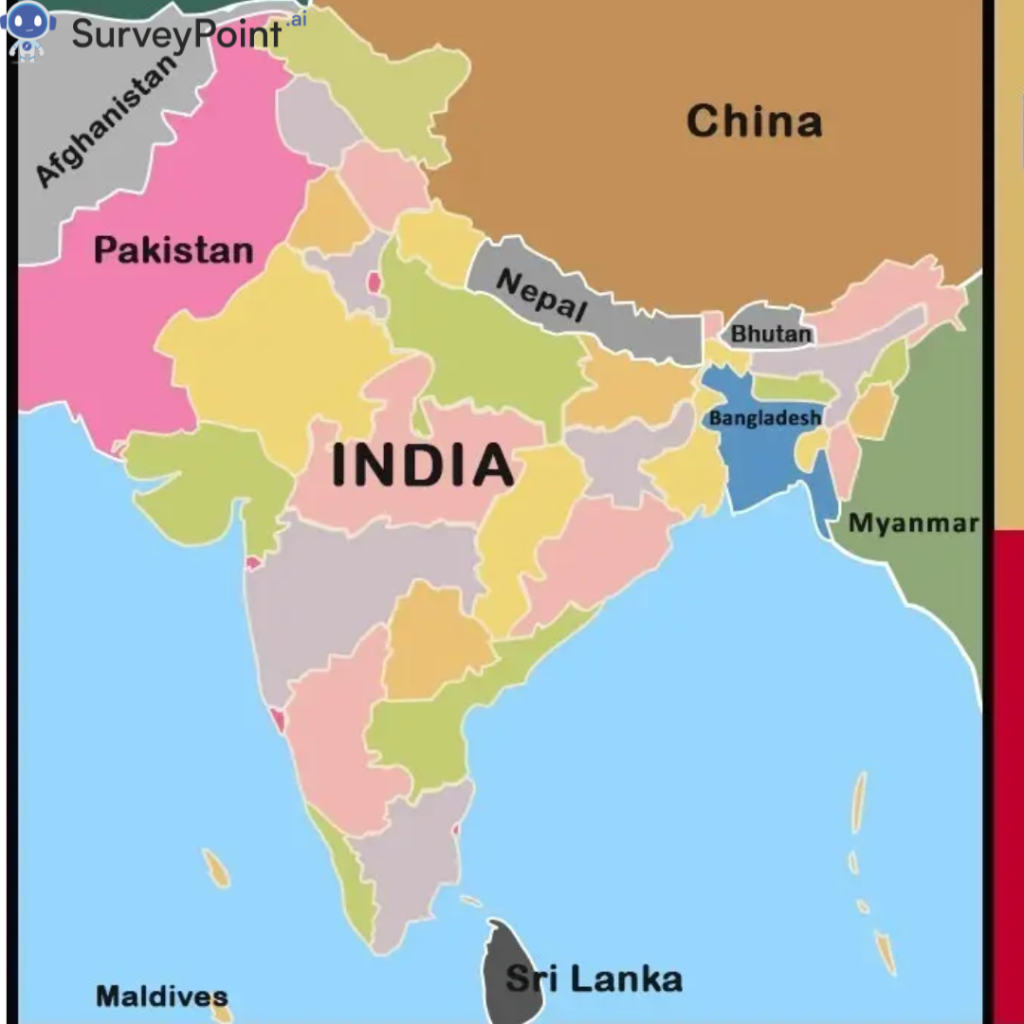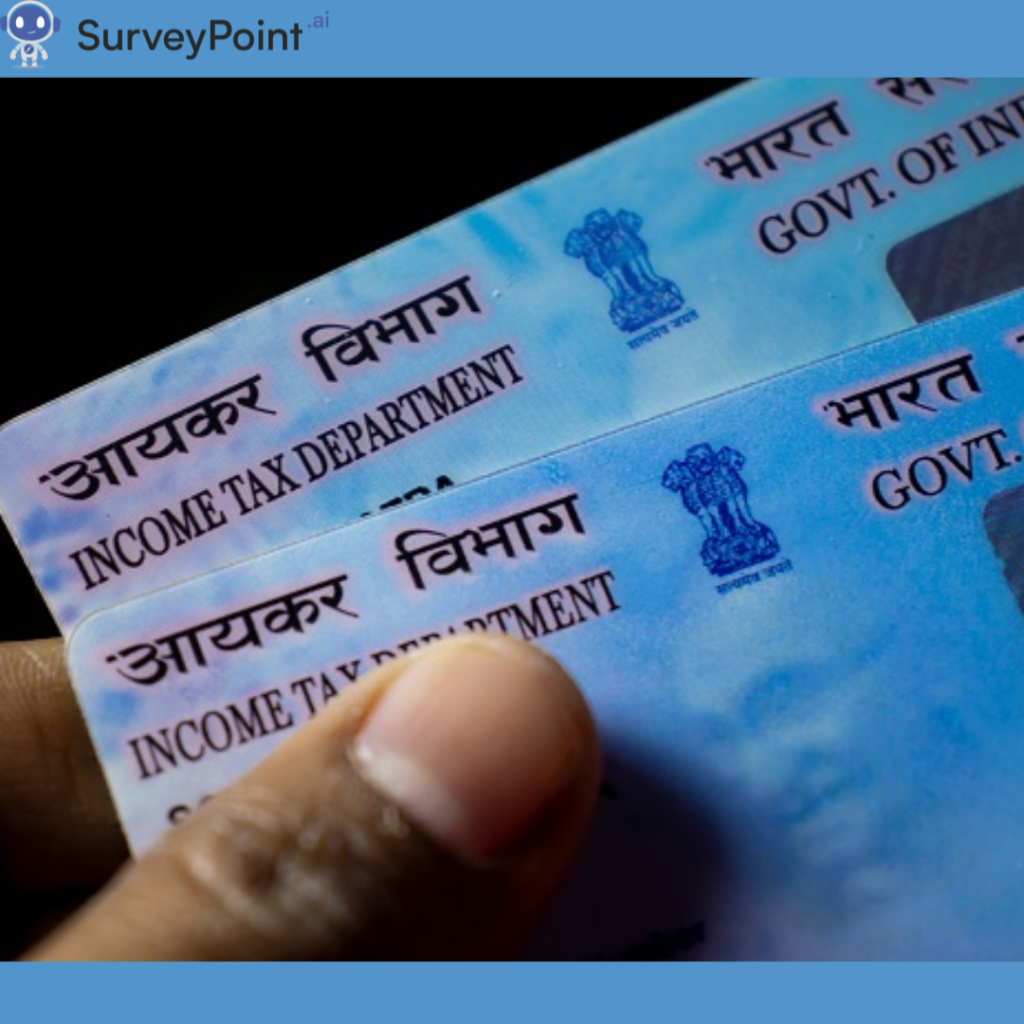
India, as one of the largest and most diverse nations in the world, has a complex and evolving network of cross-border relations. As a growing economic power and a key player on the global stage, India’s foreign policy and its relations with neighboring countries and global powers are crucial in shaping its path to future prosperity. From fostering regional partnerships to addressing geopolitical challenges, India’s approach to diplomacy is multifaceted.
In this blog post, we’ll explore India’s cross-border relations with its key neighbors, strategic partnerships, and the challenges it faces on the international stage.
1. India and Its Immediate Neighbors
India’s geography makes it a central player in South Asia, sharing borders with several countries that influence its security, trade, and diplomatic strategies. Relations with its neighbors have been shaped by historical ties, territorial disputes, and shared economic interests.
India-China Relations
India and China, the two most populous countries in the world, share a long and complex relationship. While both nations have significant economic cooperation, their territorial disputes—most notably the ongoing tension along the Line of Actual Control (LAC)—continue to strain relations.
Key Issues:
- Border Disputes: The 2020 clash in Ladakh’s Galwan Valley heightened tensions, leading to increased military presence along the LAC.
- Economic Ties: Despite these tensions, China remains one of India’s largest trading partners, particularly in electronics, machinery, and chemicals.
- Strategic Rivalry: China’s influence in South Asia through projects like the Belt and Road Initiative (BRI) and its deep ties with Pakistan concern India, prompting it to strengthen ties with global allies like the US and Japan.
India-Pakistan Relations
India’s relationship with Pakistan is one of the most complex and tense, shaped by the partition in 1947 and subsequent wars. The central issue between the two nations remains the Kashmir conflict.
Key Issues:
- Kashmir Conflict: Both nations claim the region of Jammu & Kashmir, leading to decades of conflict and military confrontations. The revocation of Article 370 by India in 2019, which granted special status to Jammu & Kashmir, has further escalated tensions.
- Cross-Border Terrorism: India has accused Pakistan of supporting terrorist groups, particularly those responsible for attacks in India such as the 2008 Mumbai attacks.
- Diplomatic Standstill: While there have been moments of diplomatic engagement, relations remain strained, with regular ceasefire violations along the Line of Control (LoC).
India-Bangladesh Relations
India’s relationship with Bangladesh is among the most stable and positive in South Asia. The two nations share deep cultural ties, a long border, and growing economic cooperation.
Key Areas of Cooperation:
- Water Sharing: The two countries have worked on resolving issues related to the sharing of river waters, such as the Teesta River.
- Trade and Connectivity: Bangladesh is India’s largest trading partner in South Asia, and both nations are investing in improving infrastructure for better connectivity.
- Border Management: The countries have made strides in addressing cross-border smuggling and human trafficking.
2. India’s Strategic Partnerships Beyond South Asia
India’s growing influence on the world stage has led it to forge strategic partnerships beyond its immediate neighbors. As part of its foreign policy, India has sought to balance relationships with global powers while also asserting itself in regional and global issues.
India-US Relations
India and the United States have developed a strong strategic partnership, particularly in recent decades, based on shared democratic values and mutual concerns over regional security in Asia.
Key Areas of Cooperation:
- Defense & Security: The US is one of India’s largest defense suppliers, and both countries engage in joint military exercises, such as the Malabar naval exercises.
- Economic Ties: The US is one of India’s largest trading partners, with major collaboration in technology, pharmaceuticals, and services.
- Indo-Pacific Strategy: India is a key player in the Quad Alliance (with the US, Japan, and Australia), focusing on ensuring a free and open Indo-Pacific region in response to China’s growing influence.
India-Russia Relations
India’s historical ties with Russia date back to the Cold War when the Soviet Union was a key ally. While these ties remain strong, India’s growing relations with the US have somewhat complicated this dynamic.
Key Areas of Cooperation:
- Defense: Russia remains India’s largest defense supplier, providing critical military equipment like the S-400 missile defense system.
- Energy: India has invested in Russian oil and gas projects, and the two countries are collaborating on nuclear energy projects.
- Geopolitical Alignment: While India maintains neutrality in conflicts like the Russia-Ukraine war, it continues to engage with Russia on key global issues, balancing its relationships with both the West and Moscow.
India-Japan Relations
India and Japan share a strong and growing relationship, built on mutual economic and strategic interests.
Key Areas of Cooperation:
- Infrastructure Development: Japan has been a key partner in India’s infrastructure development, including projects like the Mumbai-Ahmedabad High-Speed Rail.
- Strategic Alignment: Both nations share concerns over China’s growing influence in Asia and are working together on security issues, particularly in the Indo-Pacific region.
- Technology and Investment: Japan is one of the largest investors in India, particularly in sectors like automotive, electronics, and healthcare.
3. Challenges in India’s Cross-Border Relations
While India has made significant strides in building strong international relationships, it faces several challenges in managing its cross-border relations.
Border Conflicts
India’s territorial disputes with both China and Pakistan pose significant security challenges. Regular skirmishes and military stand-offs not only strain diplomatic ties but also require India to maintain a strong defense posture along its borders.
Regional Rivalries
China’s growing influence in South Asia, particularly through initiatives like the China-Pakistan Economic Corridor (CPEC), poses a challenge to India’s regional dominance. To counter this, India has sought to strengthen ties with other neighbors and invest in regional infrastructure projects.
Global Power Balancing
As India strengthens its ties with the US and its allies, it faces the challenge of balancing these relationships with its long-standing partnerships with countries like Russia and Iran. Navigating this delicate balance is crucial for India’s strategic interests.
Conclusion: India’s Evolving Global Role
India’s cross-border relations are a testament to its growing importance on the global stage. From managing delicate relationships with neighboring countries to forging strategic partnerships with major global powers, India’s foreign policy reflects a fine balance of diplomacy, economic cooperation, and security considerations.
As India continues to rise as a global economic and political power, its ability to navigate these relationships and overcome challenges will be key to shaping its future role in the world. By maintaining strong ties with allies, addressing conflicts with neighbors, and balancing relationships with competing global powers, India is poised to play a critical role in regional and global affairs for years to come. For more information checkout- surveypoint.ai




